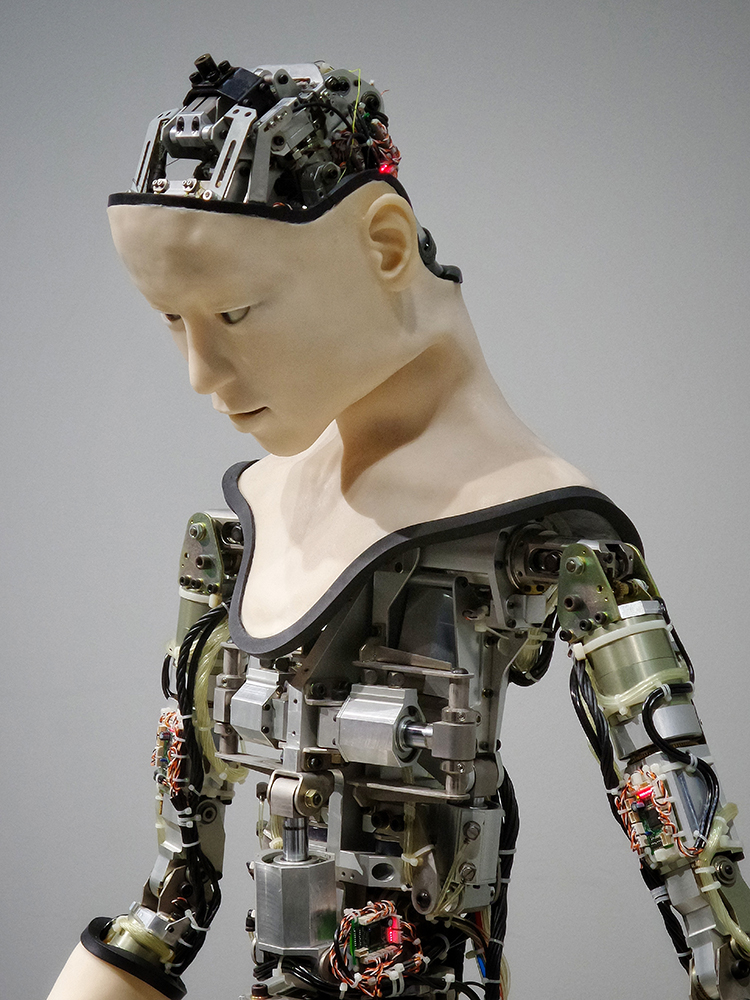What Chinese viewers missed was Pence’s answer to a question about whether China is a competitor, adversary or enemy
Chinas powerful censors briefly blocked foreign networks’ live coverage of the U.S. vice-presidential debate, intervening to prevent viewers from seeing Vice-President Mike Pence answer a question about China.
The interruption, which cut the debate signal to display colour bars for nearly three minutes, affected only a small number of people in China with access to channels like CNN, which is available in some hotels and residential compounds but not in most homes. The Globe and Mail was unable to locate any domestic live feeds of the vice-presidential debate.
But the censorship offered a vivid example of Beijings willingness to excise information it cannot control, even when it involves potentially important insights into relations with the countrys largest trading partner.
Story continues below advertisement
Censors in China have always paid acute attention to domestic events, allowing a robust exchange of opinions on many social and cultural topics, but moving quickly to block criticism of the countrys leaders, discussion of historical events like the Tiananmen Square massacre or any conversation that could involve organizing resistance to the government.
But foreign news has also become a topic of mounting domestic concern, particularly as China assumes an expanding global role and overseas hostility toward Beijing also rises. That has become particularly true under the presidency of Donald Trump, who has overseen the imposition of sweeping tariffs on Chinese goods, human rights-based sanctions on senior Chinese officials and a barrage of critical commentary toward the Communist Party.
On Wednesday, Mr. Trump again lashed out at China, faulting it for the spread of COVID-19 and promising, Chinas going to pay a big price, what theyve done to the world, he said.
At the vice-presidential debate, moderator Susan Page used the Presidents comment to presage a question asking whether China is a competitor, adversary or enemy.
Without warning, television screens in China tuned to foreign channels displayed colour bars with the words: NO SIGNAL, PLEASE STAND BY. Its a standard if misleading on-screen message deployed when censors block content they dislike, typically in foreign news reports about China.
The message remained in place while Mr. Pence spoke, with the Republican vice-presidential candidate promising to hold China accountable for what they did.
The video feed returned after Ms. Harris, the Democrat candidate, was asked a similar question. She attacked Mr. Trumps pandemic response and enumerated some of the costs to U.S. workers from his trade battles with China. She also described Mr. Trump as less popular overseas than Chinas president Xi Jinping, whose name she badly mispronounced.
Story continues below advertisement
The exchanges offered little of substance on China.
But the willingness of censors to intervene shows there is a great deal of sensitivity about this issue, said James Griffiths, author of The Great Firewall of China.
Beijing is presumably concerned about the administration taking an even harder line on China in the wake of Trumps infection. Weve seen coverage of his diagnosis being heavily controlled on Chinese social media and in state-run publications, so the censors likely wanted to make sure they could shape any potential statement by Pence, without having it broadcast live.
Dali Yang, a political scientist who specializes in China at the University of Chicago, offered a more cynical interpretation. The censorship is a nuisance that serves to remind people of the existence of these apparatchiks whose role and existence rests on interrupting the TV programming for a very select group of people, he said.
But Chinas censorship of international news ensures the only information formally allowed into the country offers a skewed view of Beijings role in the world. For example, this week at the United Nations, 39 countries jointly called on China to respect human rights and its own international commitments in Xinjiang and Hong Kong.
Chinese reporting made no mention of that coalition, which includes Canada. Instead, foreign ministry spokesperson Hua Chunying dismissed what she called an attempt by a few Western countries to discredit China. State media focused on some 70 countries, including Pakistan and Cuba, that publicly said at the UN they support Beijings policies.
Story continues below advertisement
Similarly, Chinese media paid little attention to new findings from the Pew Research Center, which this week said views toward China have reached historic depths. In Canada and the U.S., 73 per cent of people now hold unfavourable views of China; in Australia, it is 81 per cent. Some 78 per cent of Canadians say they have no faith in Chinese President Xi Jinping to do the right thing in foreign affairs.
In China, those dim findings were dismissed as the product of a global schism engineered by Mr. Trump and Western elites intent on poisoning public opinion. Chinese people also view Western countries, such as the U.S. and Australia, more unfavourably than in the past, Global Times editor Hu Xijin wrote, without offering evidence for the claim.
Nonetheless, he offered an alternative view, one in line with official rhetoric but difficult to reconcile with the Pew research on international opinion. China, Mr. Hu wrote, has been honest, striving for self-development and getting along well with the world.
Our Morning Update and Evening Update newsletters are written by Globe editors, giving you a concise summary of the days most important headlines. Sign up today.

